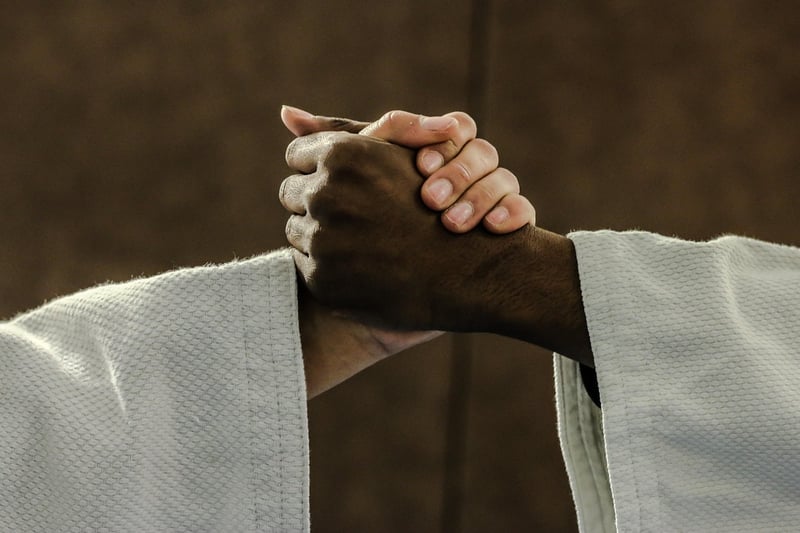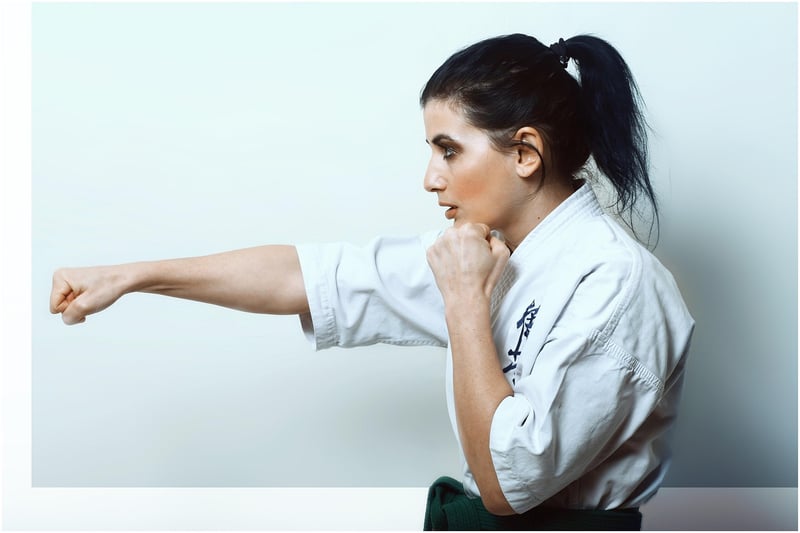Judo
Combat Disciplines for Self-Defense: A Focus on Judo

Self-defense is a crucial skill in today's world, and mastering a combat discipline can empower individuals to protect themselves effectively. One such discipline that stands out for its practicality and efficiency is Judo.
What is Judo?
Judo, meaning "gentle way," is a Japanese martial art that focuses on using an opponent's force against them. Developed in the late 19th century, Judo emphasizes throws and grappling techniques to subdue attackers without causing significant harm.
Key Principles of Judo
- Ju-no-ri - Principle of gentleness and flexibility.
- Jita-kyoei - Principle of mutual welfare and benefit.
- Seiryoku Zenyo - Principle of maximum efficiency, minimum effort.
Benefits of Learning Judo for Self-Defense
- Effective throws and takedowns to neutralize attackers.
- Enhanced balance, coordination, and agility.
- Improved self-confidence and situational awareness.
- Focus on defense rather than aggression.
- Applicable in real-life confrontational situations.
Training in Judo
Training in Judo involves learning proper techniques for throws, pins, joint locks, and chokes. Practitioners engage in controlled sparring (randori) to apply these techniques in a dynamic setting, preparing them for real-world self-defense scenarios.
Is Judo Right for You?
Judo is suitable for individuals of all ages and fitness levels. Whether you are looking to improve your self-defense skills, enhance physical fitness, or cultivate mental discipline, Judo offers a holistic approach to personal development.
Remember, self-defense is not just about physical techniques but also about mental preparedness and awareness. By learning a combat discipline like Judo, you equip yourself with the tools to protect yourself and others in challenging situations.
Stay safe, stay prepared!
